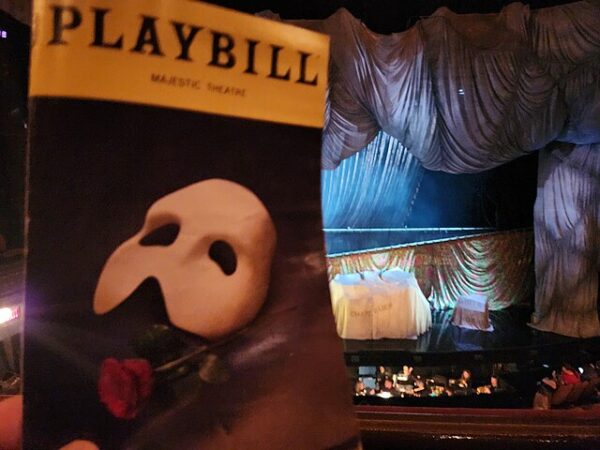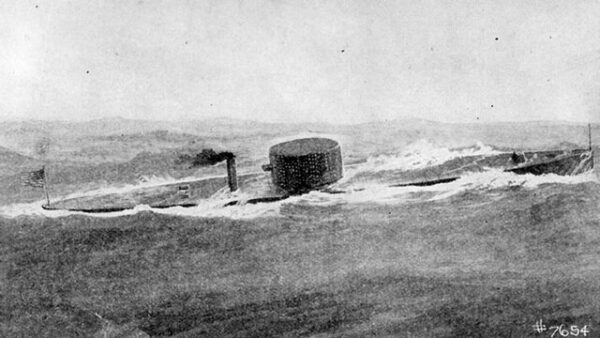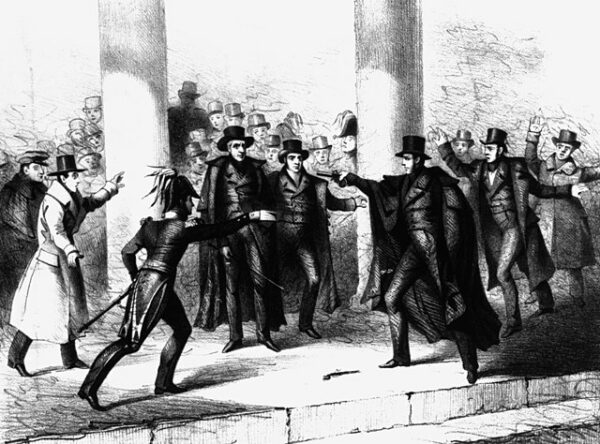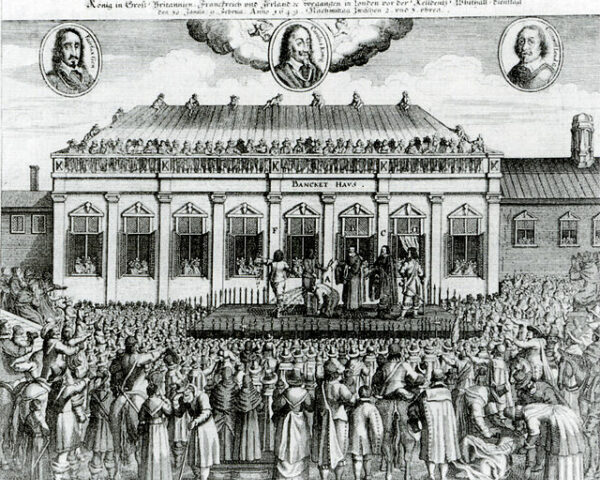On October 9, 1986, The Phantom of the Opera premiered at Her Majesty’s Theatre in London’s West End, marking the beginning of a remarkable journey that would see it become one of the most beloved and successful musicals in history. Composed by Andrew Lloyd Webber, the production was based on the 1910 novel Le Fantôme de l’Opéra by Gaston Leroux and featured a compelling blend of romance, drama, and haunting music that resonated with audiences worldwide.
The story of The Phantom of the Opera revolves around a disfigured musical genius known only as the Phantom, who lives beneath the Paris Opera House. He falls in love with Christine Daaé, a beautiful young soprano, and becomes obsessed with her, offering to make her a star in exchange for her affection. The Phantom’s love turns possessive and dangerous as Christine’s heart gravitates toward another suitor, Raoul. The tension builds into a dramatic climax that explores themes of love, obsession, beauty, and betrayal.
On its opening night, the production was directed by Harold Prince, with lyrics by Charles Hart and additional lyrics by Richard Stilgoe. The lead role of the Phantom was famously played by Michael Crawford, whose performance became iconic. Opposite him, Sarah Brightman, who was married to Andrew Lloyd Webber at the time, played Christine. Their chemistry and emotional depth were praised by critics, with Crawford’s portrayal of the Phantom capturing both the character’s menace and vulnerability. His rendition of “The Music of the Night” became one of the most memorable performances of the show.
The musical itself was a visual and auditory spectacle. Maria Björnson’s set and costume designs were a key highlight, particularly the stunning chandelier crash scene, which has since become one of the most recognizable moments in musical theater. The opulent sets and elaborate costumes evoked the grandeur of the Paris Opera House and transported audiences to a world of masked balls, hidden tunnels, and phantom apparitions. Combined with the sweeping, gothic score, The Phantom of the Opera offered a rich sensory experience that captivated theatergoers from the very beginning.
The production’s success was immediate. After its London debut, The Phantom of the Opera quickly became a global phenomenon. In 1988, the show opened on Broadway at the Majestic Theatre, where it went on to set records as the longest-running show in Broadway history. To this day, it continues to play to packed houses around the world, with more than 140 million people having seen it across over 30 countries. It has been translated into multiple languages and performed by various international casts, solidifying its place as one of the most successful theatrical productions ever.
Critically, the show garnered widespread acclaim, receiving several prestigious awards. It won the Olivier Award for Best New Musical in 1986, and in 1988, the Broadway production took home seven Tony Awards, including Best Musical. Critics praised Andrew Lloyd Webber’s emotionally stirring score and the haunting beauty of songs like “Think of Me,” “All I Ask of You,” and the titular “The Phantom of the Opera.” The music became as legendary as the story itself, and many of the songs have since become standards in musical theater repertoire.
The Phantom of the Opera has continued to endure for decades, capturing the imaginations of new generations of theatergoers. Its timeless appeal lies not only in its lavish production values and memorable music but also in its exploration of universal themes such as unrequited love, loneliness, and the human desire for acceptance. The Phantom’s tragic longing for love, despite his outward deformity, resonates deeply with audiences, making the show much more than just a romantic thriller—it’s a deeply emotional narrative about beauty, both physical and internal.
The debut of The Phantom of the Opera on October 9, 1986, was a landmark event in musical theater. Over 35 years later, it remains a cultural phenomenon, proving that its blend of haunting beauty, dramatic storytelling, and unforgettable music has truly stood the test of time.






